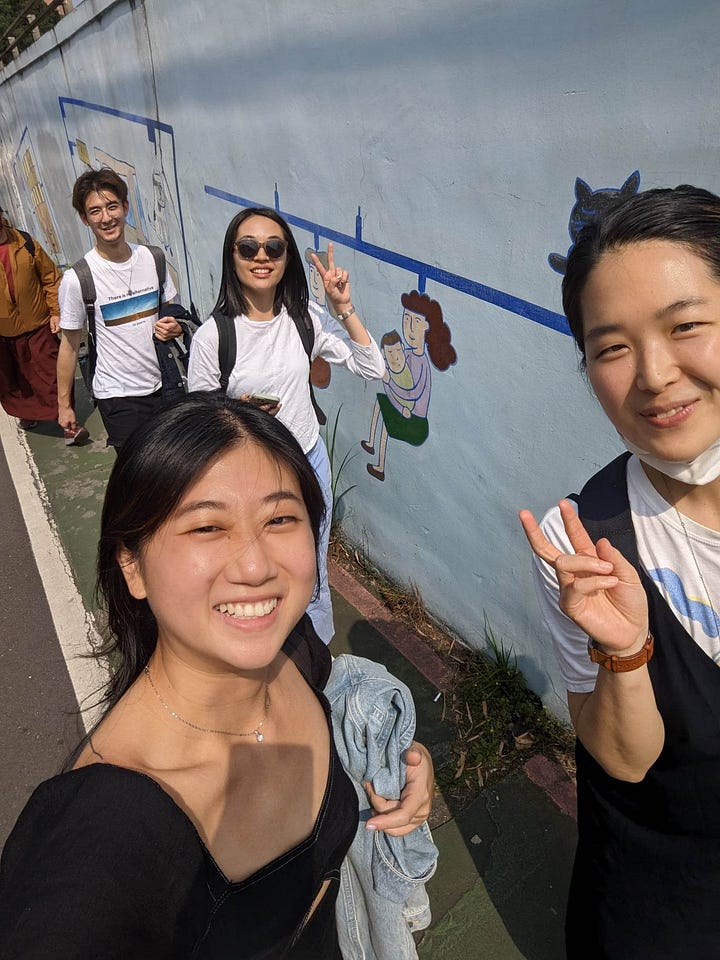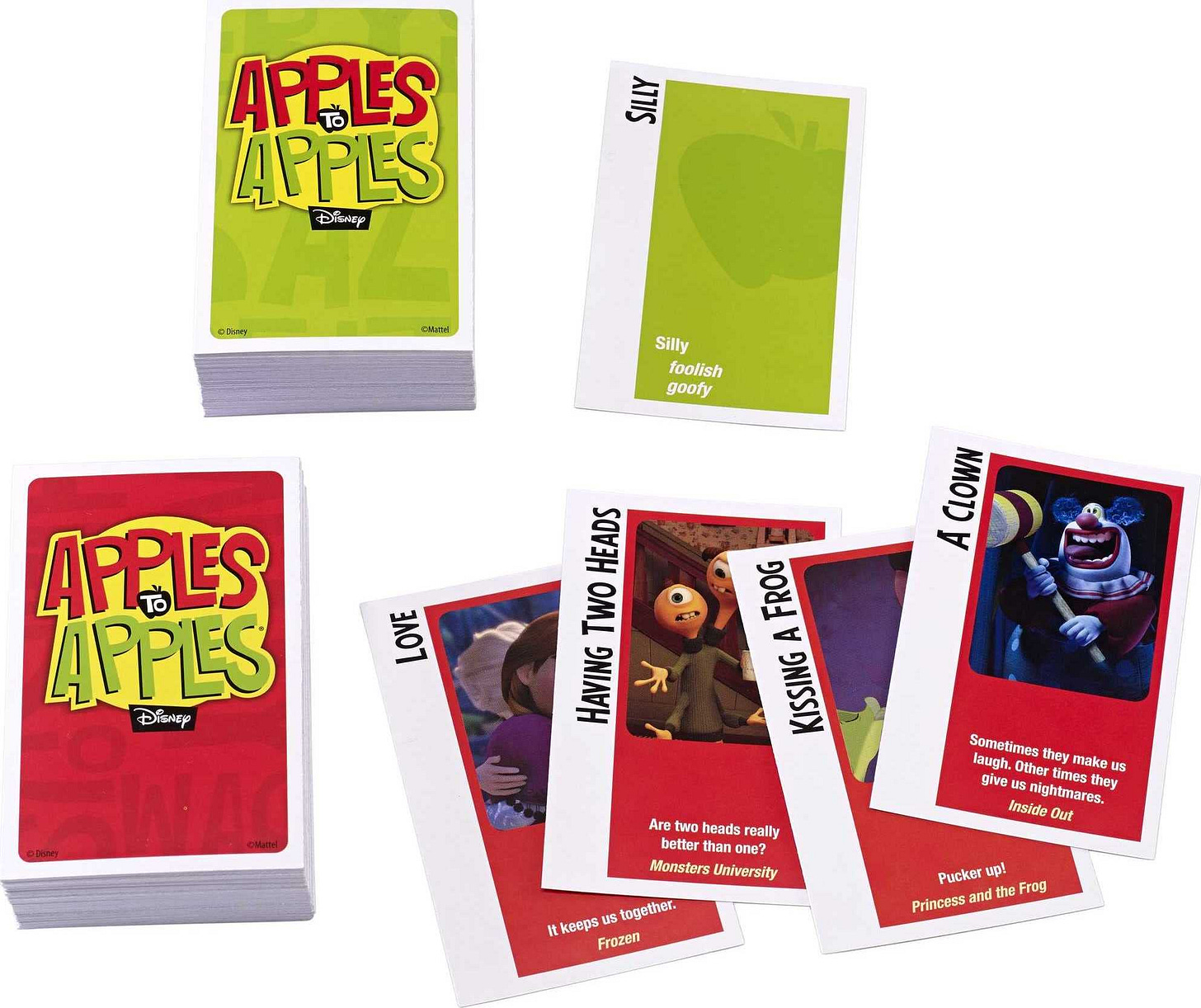Today is the last day of class for my 3-month Mandarin Chinese course at NTNU in Taiwan. I’ve never been a big fan of traditional education systems but I really looked forward to going to class every day to learn this beautiful language and hang out with interesting and diverse people.
My class is made up of:
Valeria 蔡老師: our passionate and dedicated teacher who has a real love for Taiwan and our culture
Michelle 范玥 : a Chinese-American who spent the last 5-10 years working out of the UK with a background in strategy, culture, and design (her work is hard to describe but very cool), and she’s definitely someone I call a friend now~ she’s also a great writer and shares her stories about living in Taiwan thru Birdsong
Ben: a British-Taiwanese recent university grad who is looking to work somewhere in Asia in the near future
格西: a Tibetan monk who used to live in India and wants to improve his Mandarin Chinese in the hopes of reuniting with his family


Most people in Taiwan grew up as kids learning Mandarin Chinese. Although harder to remember and to pick up, learning the language as an adult is fascinating, especially since I am Taiwanese myself and it tells me a lot about my culture’s history and evolution.
Since today is the last day of classes, I was thinking it would be fun to play a game or do something more casual. I remembered growing up playing the board game Apples to Apples with my sisters and friends which actually helped teach me a lot of English vocabulary. I asked my husband Jack who helped look up whether there was Chinese text version of Apples to Apples. We didn’t find one online, but it got us thinking — what is the equivalent of the English saying “comparing apples to apples” in Mandarin Chinese?
“Apples to apples” is an English saying to compare two things that are not exactly the same but are in the same type / category to describe similar things. There’s also an English saying of “apples to oranges” to compare two things that are not quite alike to describe things that don’t really make sense to be compared to one another.
In Mandarin Chinese, there are these idioms called 成語 which usually use 4 characters to describe a situation. Jack and I tried looking up a direct translation of it on Google Search and Google Translate but they didn’t yield any good results. We also tried ChatGPT who said 一比一 (compare this with that) which doesn’t really mean the same thing.
We then tried to describe the idiom on Google and was able to find what we think is the closest meaning to “apples to apples”: 連類比物
The fascinating thing about these two idioms, the one in Chinese (連類比物) and the one in English (apples to apples), is that they say the same kinds of things but coming from different perspectives. Breaking down 連類比物 by each word:
What we found interesting was that “apples to apples” focuses on the individual things first and then you understand it’s in the same category, whereas 連類比物 focuses on the category first and then you understand the individual things are within the category. Fun how it’s the same meaning but from totally different perspectives! Tells you a lot about how different cultures view how the collective determines the individual vs how the individual shapes the collective.
Anyway, just wanted to share this learning with you today as I wrap up my last day of class. Hope it was a good read :)
Notes:
Thank you to Jack for helping me out with this post ~
If you’re looking to learn traditional Mandarin Chinese, Valeria does 1-1 online & in-person tutoring and can reach out to her on Instagram @roadtomandarintw. Highly recommend!
When learning individual Chinese characters, I found this website Zhongwen to be helpful and straightforward, check it out.





